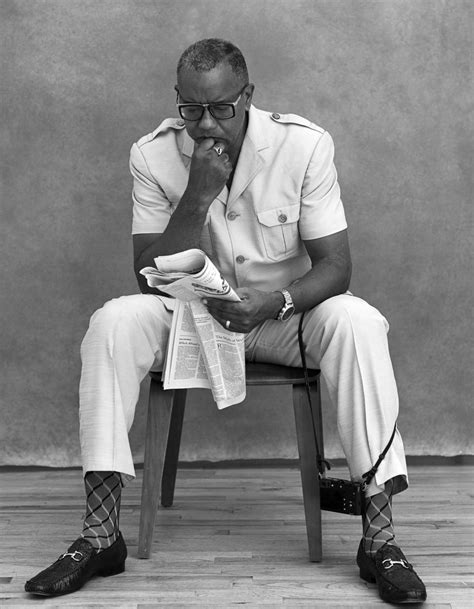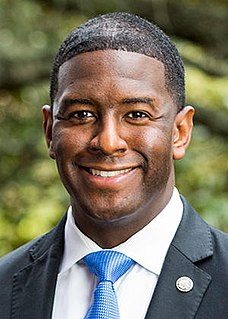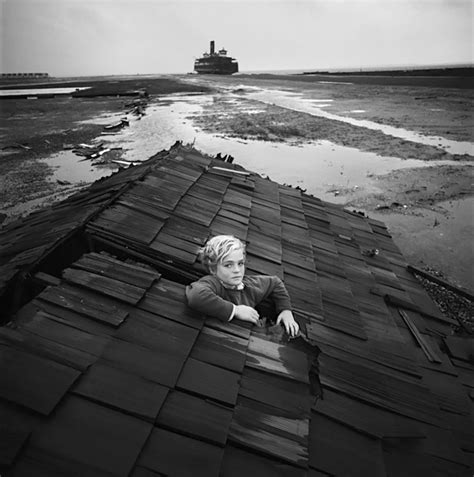A Quote by Mark Steyn
The senator's actions in the hours and days after emerging from that pond tell us something ugly about Kennedy the man. That he got away with it tell us something ugly about American public life.
Related Quotes
In the story of Ugly Duckling, when did the Ugly Duckling stop feeling Ugly? When he realized that he was a Swan. Each of us has something Special, a swan of some sort, hidden inside somewhere. But until we recognize that it's there, what can we do but splash around, treading water? The Wise are Who They Are. They work with what they've got and do what they can do.
Music, feelings of happiness, mythology, faces worn by time, certain twilights and certain places, want to tell us something, or they told us something that we should not have missed, or they are about to tell us something; this imminence of a revelation that is not produced is, perhaps, the esthetic event.
The great crime which the moneyed classes and promoters of industry committed in the palmy Victorian days was the condemning of the workers to ugliness, ugliness, ugliness: meanness and formless and ugly surroundings, ugly ideals, ugly religion, ugly hope, ugly love, ugly clothes, ugly furniture, ugly houses, ugly relationship between workers and employers. The human soul needs actual beauty more than bread.
The relationships we have with our doctors are often the most trusted relationships of our lives. Our doctors tell us hard truths that others will not. We often tell our doctors what we will not tell others. We trust our doctors to give us the good, the bad and the ugly about our health so that each of us can make an informed decision.
Reckoned physiologically, everything ugly weakens and afflicts man. It recalls decay, danger, impotence; he actually suffers a loss of energy in its presence. The effect of the ugly can be measured with a dynamometer. Whenever man feels in any way depressed, he senses the proximity of something ugly. His feeling of power, his will to power, his courage, his pride - they decline with the ugly, they increase with the beautiful.
The gay life is filled with as much cruelty and loneliness as the heterosexual life... I search into my dreams or desires and try to ask myself how these feelings can be made into concrete images... Are they really abnormal, or are they trying to tell us something we have repressed about ourselves, something we don't want to see, something about the darker side of the human condition itself?
If others tell us something we make assumptions, and if they don't tell us something we make assumptions to fulfill our need to know and to replace the need to communicate. Even if we hear something and we don't understand we make assumptions about what it means and then believe the assumptions. We make all sorts of assumptions because we don't have the courage to ask questions.






































